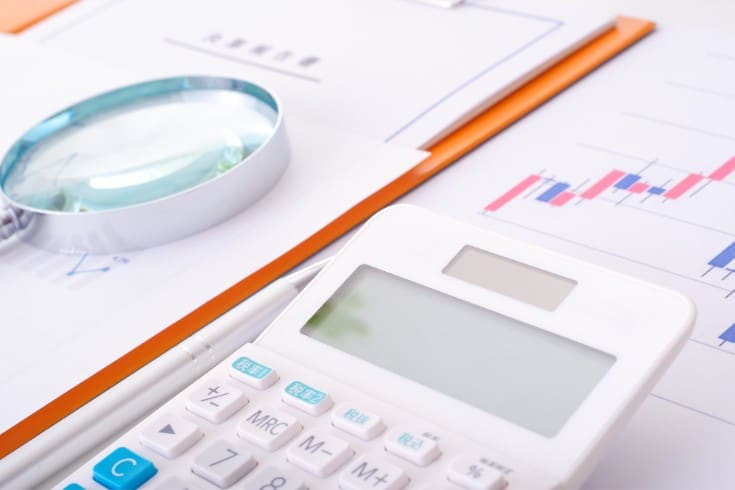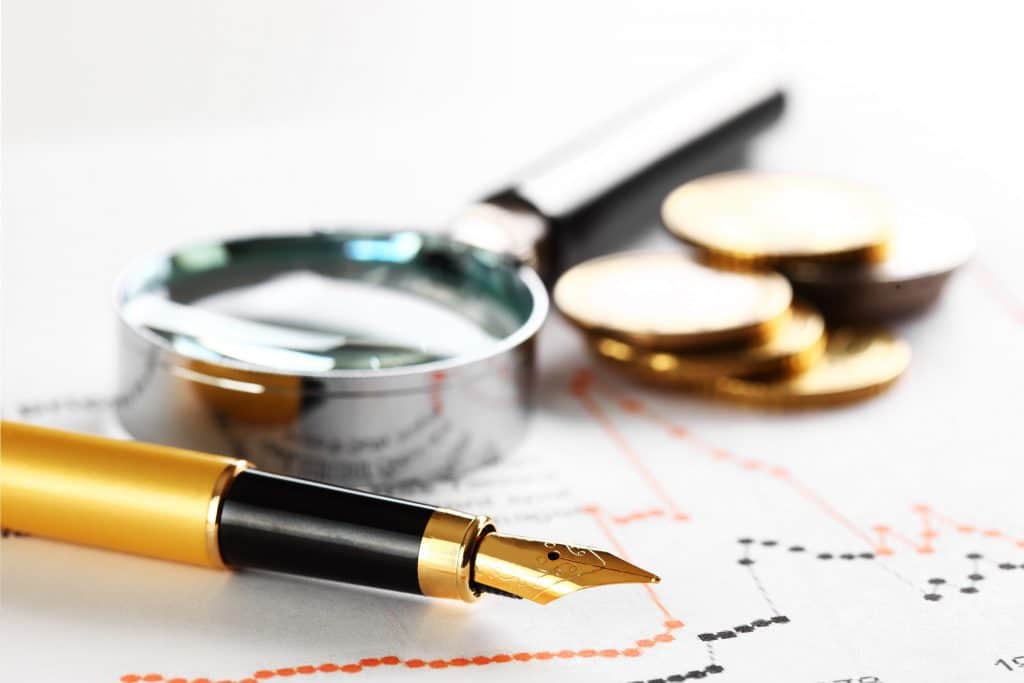Points to Note When Selling Imported Goods on Online Shops: Explaining the Japanese Customs Tariff Law
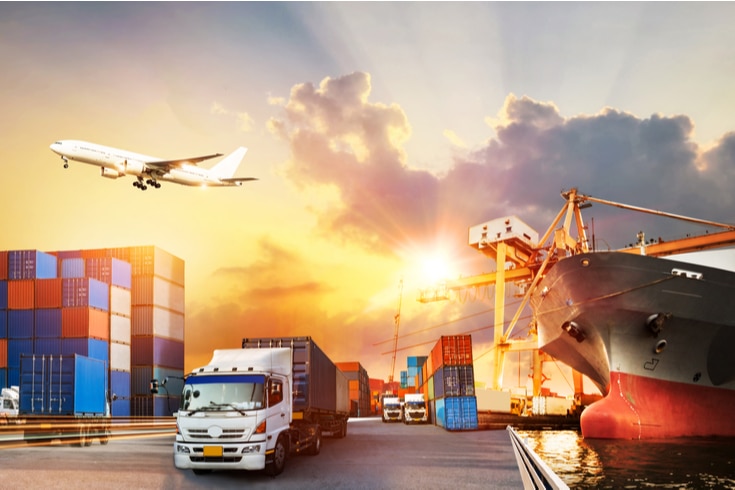
Online shopping has now become a familiar part of our lives. While anyone can easily set up an online shop, there are various laws involved in operating one. So, what laws are involved when selling imported goods from overseas through online shopping? In this article, we will explain the ‘Japanese Customs Law’.
When it comes to laws related to operating an online shop, there are ‘laws applicable to all online shops’, such as the ‘Japanese Act on Specified Commercial Transactions’, ‘Japanese Unfair Competition Prevention Act’, ‘Japanese Act against Unjustifiable Premiums and Misleading Representations’, ‘Japanese Electronic Contract Act’, ‘Japanese Act on Regulation of Transmission of Specified Electronic Mail’, and ‘Japanese Act on the Protection of Personal Information’. There are also ‘laws specific to certain industries’. In this article, we will focus on the ‘Japanese Customs Law’, which is one of the ‘laws specific to certain industries’.
https://monolith.law/corporate/onlineshop-act-on-specified-commercial-transactions[ja]
https://monolith.law/corporate/onlineshop-email-act-protection-of-personal-information[ja]
What is a Tariff?
There are many unique and unusual products overseas, and importing these into Japan to sell on online stores can be considered a field with expected growth in the future.
The tax imposed when bringing goods from overseas is called a tariff.
The purpose of tariffs is to protect domestic farmers and manufacturers. When a tariff is added to an imported product, the price of the product increases by the amount of the tariff, making domestic products more competitive in terms of price.
The Japanese Customs Tariff Law (関税法) defines the necessary procedures for determining and paying tariffs.
関税はどんなときに掛かるのか (When do tariffs apply?)
Tariffs apply in the following cases:
- Importing goods to sell in Japan
- Purchasing goods from overseas online stores
- Bringing back souvenirs purchased on overseas trips to Japan
Both large-scale imports by corporations and small-scale imports by individuals are subject to tariffs. This applies not only to business purposes such as resale, but also to personal purchases such as buying your own clothes or wallet from overseas online stores.
However, there is a special exception called “personal import” when importing for personal use, which makes the tariffs a little cheaper.
Also, there is a set amount below which tariffs do not apply as an exception. If you purchase from an overseas online store, if the total cost including shipping and insurance is 10,000 yen or less, or if you purchase for your own use and the retail price is 16,666 yen or less, it will be tax-free.
However, there are some items and taxes that are not exempt, such as leather products, knitwear, leather shoes (including some sneakers), tobacco tax, and liquor tax.
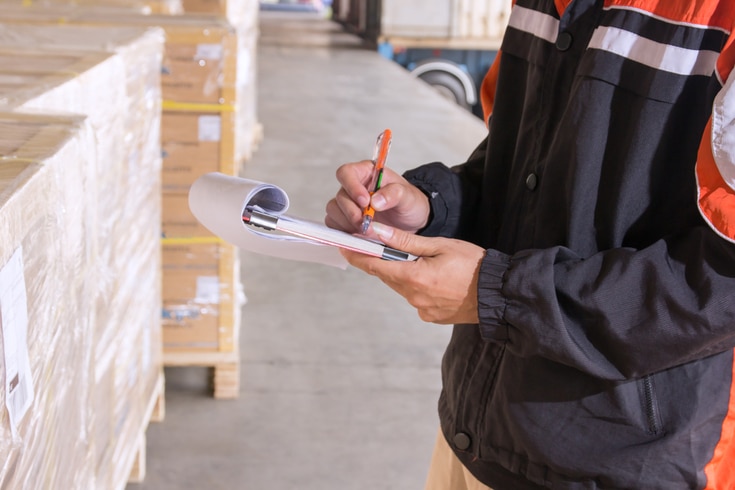
Tariff Rate
The “tariff rate” is determined by two factors: the “type” and “origin” of the goods.
The type of goods is classified by a number called the HS code, which has a common part in each country.
For example, in the case of apparel, it is classified in detail according to the material, quality, and manufacturing method of men’s and women’s clothing, coats, suits, jackets, etc., and the basic tax rate is determined for each classification. For instance, jackets and skirts are taxed at 8.4-12.8%, while shirts and underwear are taxed at 7.4-10.9%.
Generally, tariffs on food items such as sweets and meat, as well as clothing, are set high, while watches, home appliances, and cosmetics are not subject to tariffs.
Classifying these goods can be very difficult, so it is safest to inquire through the “Advance Classification Ruling System”.
The Advance Classification Ruling System is a system where you can make inquiries about the tariff classification (tax number) and tariff rate of the goods before importing them to the customs in writing, and receive a written response.
The content of the response in the written document (Advance Classification Ruling) will be respected during the examination of the import declaration for three years from the issuance of the response document (unless the handling changes due to legal amendments, etc.). Therefore, you can know the tariff classification of the goods you plan to import in advance, calculate the cost more accurately, and make it easier to plan sales. In addition, it enables accurate and quick declaration at the time of customs clearance of the goods, which allows you to receive the goods at an early stage.
The second factor determining the tariff rate is the origin, which refers to the country or region where the product was actually made. Lower tariffs are set as exceptions to the basic tax rate depending on the origin, and many countries and regions are targeted. For example, there is a system called “preferential tariffs” that lowers the tariffs on products from developing countries.
The Generalized System of Preferences (GSP) is a system that applies a lower tax rate (preferential tax rate) than the general tariff rate to certain agricultural, fishery, and mineral industrial products imported from developing countries in order to increase export income, promote industrialization, and economic development.
At the United Nations Conference on Trade and Development (UNCTAD), the system was discussed as a special measure to provide benefits from developed countries to developing countries as a means of solving North-South problems, and the framework of the system was agreed upon. Based on this agreement, Japan has been implementing it since August 1971.
Under Japan’s current preferential tariff system, countries and regions that are developing economically, have their own tariff and trade systems, and wish to receive special benefits for tariffs are designated by government ordinance. As of April 1, 2021, 127 countries and 5 regions have been designated and announced as preferential beneficiary countries.
There is also a tax rate based on treaties, such as the “tax rate based on the Economic Partnership Agreement (EPA)”. Products from countries that have concluded EPAs or Free Trade Agreements (FTAs) such as the TPP can apply the tariff rate agreed upon in the EPA/FTA.
The amount of tariff is calculated using the tariff rate, basically by “taxable price” x “tariff rate”.
The “taxable price” is the “product price + insurance premium for import + freight to Japan”, which is the so-called CIF (Cost Insurance and Freight). If the import is small or for personal use, there are tax exemption systems and different calculation methods.
For personal imports, the taxable amount is 60% of the product price, but for commercial use, various expenses such as insurance premiums and shipping costs are also included in the taxable amount.
In addition to the “actual tariff rate (tariff rate set in detail by laws and treaties)”, there is also a “simplified tax rate” that applies when the taxable amount is 200,000 yen or less. The simplified tax rate has only seven categories, which is much less than the actual tariff rate, making it easier to understand and calculate.
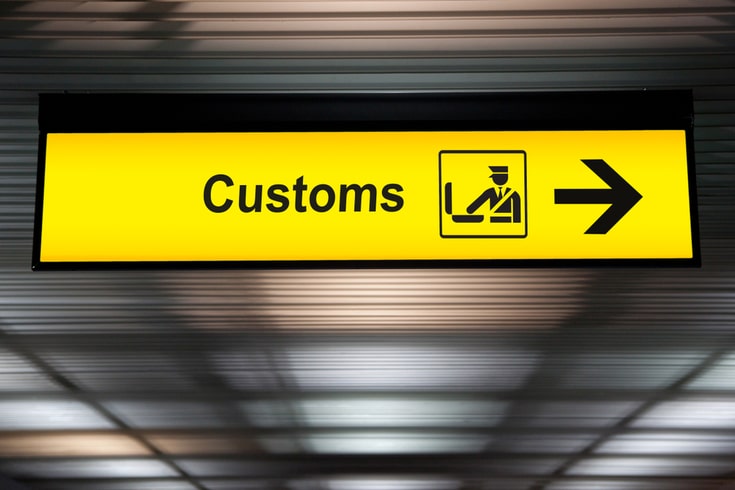
When and to Whom are Customs Duties Paid?
Customs duties are paid by the importer at the time of the import procedure.
When goods are brought into the country from overseas, there is a procedure called “customs clearance” at the “customs” office located at airports and ports. This is similar to the immigration inspection that individuals undergo at airports. During this customs clearance, it is confirmed that the items are not prohibited or restricted in Japan, and customs duties are collected before granting entry permission.
In most cases, the shipping company handles the customs clearance procedure. They also handle the payment of customs duties as part of this procedure. Since the recipient receives the goods after they have cleared customs, the customs duties are paid to the shipping company.
If you are using an international courier service like DHL (a German international transportation and logistics company that primarily uses aircraft and handles international home delivery, transportation, and logistics services), often used for overseas online shopping, you can pay the driver at the time of delivery.
The same applies to EMS (Express Mail Service), as long as the tax does not exceed 300,000 yen.
When importing by sea or air freight and requesting a customs broker to handle the procedure, it is common to pay along with the customs clearance fee. In addition to customs duties, domestic consumption tax on imported goods is also paid.
Items Prohibited from Import
Not all goods can be imported. There are prohibited items that must not be exported or imported, and these are stipulated by the Japanese Customs Law.
The following items are prohibited from import under Article 69-11 of the Japanese Customs Law:
- Narcotics, psychotropic drugs, cannabis, opium, poppy straw, stimulants, opium smoking paraphernalia
- Designated drugs as defined by the Japanese ‘Pharmaceuticals and Medical Devices Act’ (excluding those imported for medical purposes)
- Handguns, rifles, machine guns, cannons, their ammunition, and handgun parts
- Explosives
- Gunpowder
- Specific substances as defined by the Japanese ‘Chemical Weapons Prohibition Act’
- Second-class pathogens as defined by the Japanese ‘Act on the Prevention of Infectious Diseases and Medical Care for Patients with Infectious Diseases’
- Counterfeit or altered currency, banknotes, stamps, postal stamps, securities, and counterfeit cards (including raw material cards)
- Books, drawings, sculptures, and other items that could harm public safety or morals
- Child pornography as defined by the Japanese ‘Act on Punishment of Activities Relating to Child Prostitution and Child Pornography, and the Protection of Children’
- Items that infringe on patent rights, utility model rights, design rights, trademark rights, copyrights, neighboring rights, circuit layout usage rights, or breeder’s rights
- Items that constitute acts listed in Article 2, Paragraph 1, Items 1 to 3, or Items 10 to 12 of the Japanese ‘Unfair Competition Prevention Act’
If these items are imported, under Article 108-4 of the Japanese Customs Law, you may be sentenced to imprisonment for up to 10 years, fined up to 10 million yen, or both.
In addition to these, there are items that are prohibited from import under the Japanese ‘Pharmaceuticals and Medical Devices Act’, ‘Plant Protection Act’, ‘Domestic Animal Infectious Diseases Control Act’, and other laws.
Also, among products such as herbs, essential oils, and bath salts that are sold as legal, there are items that are considered ‘narcotics’ or ‘designated drugs’ and are prohibited from import, so caution is necessary.

Summary
Operating an online shop that deals with imported goods can be quite troublesome and challenging.
If you have a large number of products or are unfamiliar with import procedures, it may be beneficial to entrust the selling process to a specialized company. This allows you to focus on attracting customers and managing your business. Depending on the size of your company and the nature of your products, it may also be possible to use services that are proficient in imports and exports from overseas and also handle online shop delivery.
However, regardless of the situation, it is necessary to understand various laws and procedures, particularly the Japanese Customs Law.
Guidance on Measures by Our Firm
Monolith Law Office is a legal office with high expertise in both IT, particularly the internet, and law. In recent years, the need for legal checks surrounding online shopping has been increasing. Taking into account various legal regulations, our firm analyzes the legal risks associated with businesses that have already started or are about to start, and we aim to legalize them as much as possible without stopping the business. Details are described in the following article.








